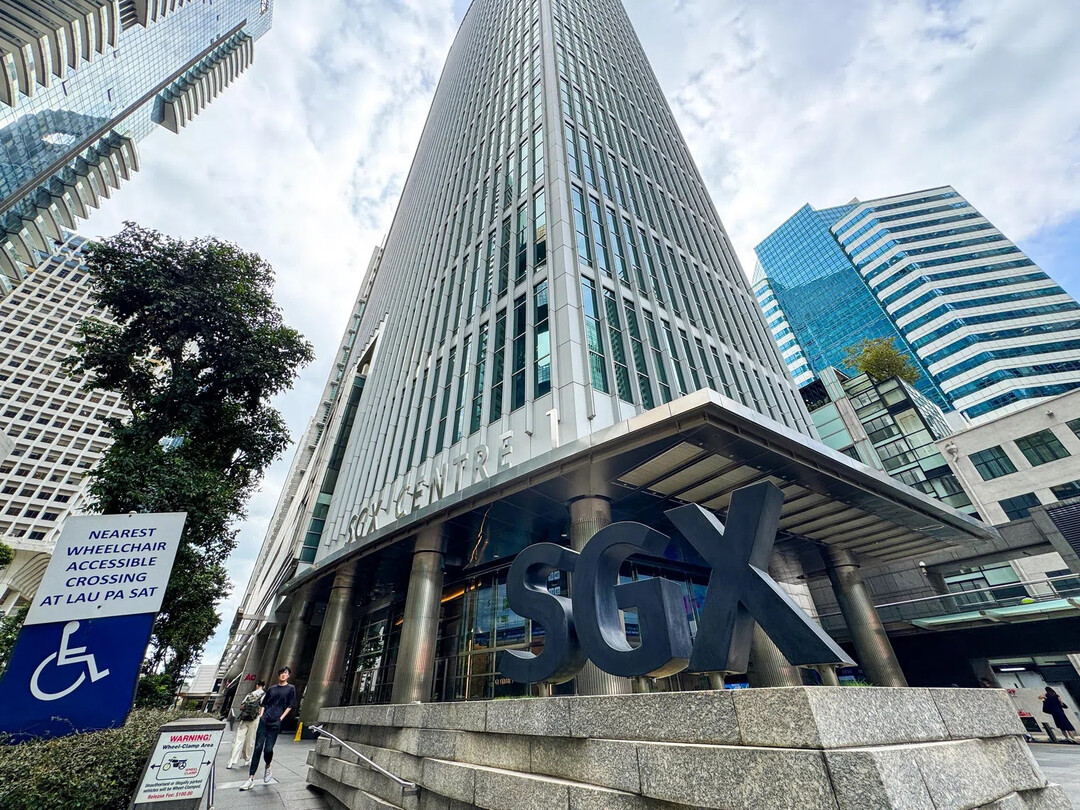
Singapore - Recent commentaries, including my own, have urged Singaporean market regulators to consider adopting measures similar to those in Japan and South Korea to enhance the quality of listed companies. The underlying principle is sound: a greater number of high-quality listed firms benefits both investors and the overall market. Crucially, the requirements in Japan and South Korea place the onus on companies themselves to address undervaluation issues, a feature currently lacking in Singapore's listing regulations.
However, the reality, at least in Japan's case, has seen a significant exodus of companies opting to delist rather than adapt to a more stringent regulatory environment.
Both Japan and South Korea have recently been actively promoting shareholder-friendly policies to boost the attractiveness of their stock markets and enhance corporate value. This can be seen as an effort to revitalize their long-undervalued markets and attract greater global investor interest.
Reforms in Japan:
As part of its "New Capitalism" policy, Japan is exerting pressure on companies to improve shareholder value, notably by requiring firms with a price-to-book ratio (PBR) below 1 to submit improvement plans. Furthermore, various measures to enhance corporate governance are being introduced, with policies geared towards strengthening the rights of minority shareholders.
Reforms in South Korea:
South Korea has also announced a "Corporate Value-Up Program" aimed at resolving the "Korea Discount." This program encourages companies to independently develop and implement plans to increase their corporate value, thereby aiming to deliver greater benefits to shareholders. Incentives such as tax benefits for companies that increase dividends are being offered to encourage voluntary participation.
Singapore's Situation:
The Singapore Exchange (SGX) enjoys a reputation for a stable market environment and a high standard of regulatory oversight. However, in recent years, it has faced challenges such as a decline in the number of new listings and some companies choosing to delist. This highlights the need to explore new ways to enhance the attractiveness of the Singaporean stock market.
Implications for Singapore:
The stock market reforms in Japan and South Korea offer important lessons for Singapore. Assigning responsibility for addressing undervaluation to companies themselves can encourage proactive change and contribute to long-term value enhancement. However, as seen in Japan, a sudden and uniform tightening of regulations can trigger pushback from companies and lead to market departures.
Therefore, Singapore needs a cautious approach when considering the adoption of reform measures from Japan and South Korea. Sufficient consideration must be given to the unique characteristics of the Singaporean market and the circumstances of its listed companies. Policies should be designed to encourage voluntary participation from companies and minimize negative impacts on the market. For instance, providing clear guidelines and ample preparation time for companies, along with offering incentives to encourage voluntary change, could be considered.
In conclusion, while the stock market reforms in Japan and South Korea can serve as valuable references for the development of Singapore's stock market, a simple imitation is not the answer. It is crucial for Singapore to develop a tailored strategy that leverages its own strengths and addresses its weaknesses.
[Copyright (c) Global Economic Times. All Rights Reserved.]




























